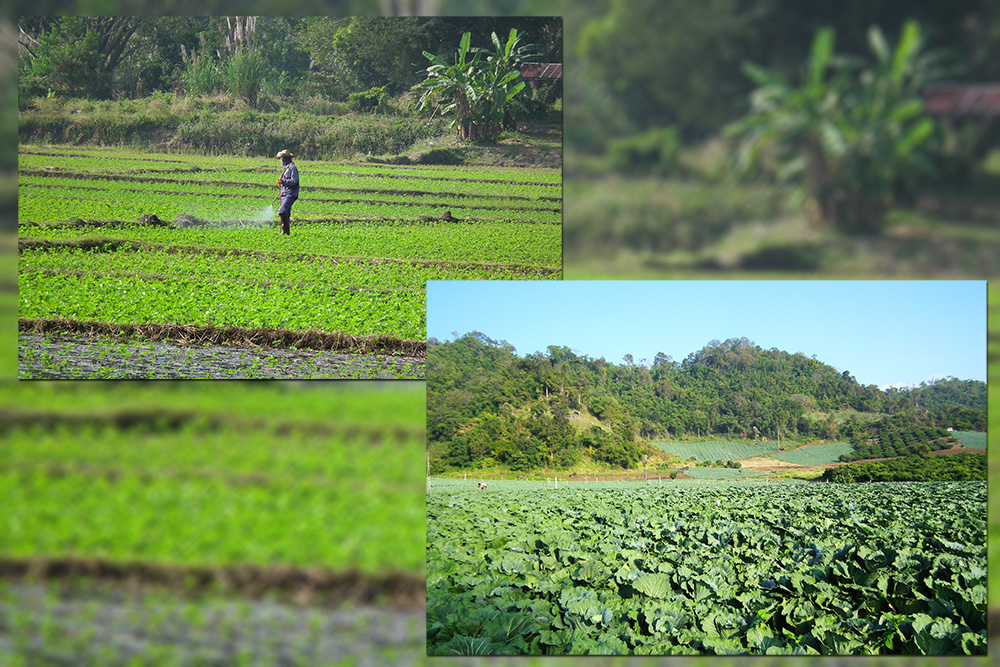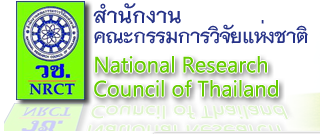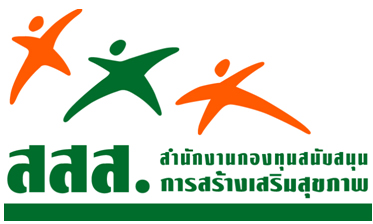Study name:
Participatory Research on Chemical Reduction in Agricultural Practices:
Case study-Mae Taeng District, Chiang Mai Province, Thailand
Study code name: MT2
Co-principle investigator:
Dr. Tanyaporn Kerdnoi
Dr. Surat Hongsibsong
Study Sites:
Mae Taeng, Chaingmai Provinces
Sponsoring Agency:
Deparment of Environmental Quality Promotion (DEQP). Ministry of Natural Resource and Environment.
Study design:
The data is collected by interview and group discussion which is about basic physical, economic, social and agricultural occupations, health risk from work, health problems and awareness and knowledge of agricultural chemicals on health. Including, there are preliminary examination consists of measuring blood pressure, weight, height. The evaluation of pesticide exposure of organophosphate and carbamate groups which are measure by reactive paper. Urine tests for kidney function use reagent strips for urinalysis (Combistix SG).
Study objectives:
1. To study the effects of pesticides on public health and the environment
2. To study the affecting factors to produce rice and vegetable which use and non use of
Chemical
3. To study and develop ways to reduce the use of chemicals in the production of rice and
vegetables.
Volumteers:
Group I : The local farmers current farming and use of chemical pesticides on farm: 50 peoples.
Group II: The local farmers current farming and non use of chemical pesticides on farm: 50 peoples.
Study start: 2014
The study completed: 2015
Significance:
The research of the Research Institute for Health Science, Chiangmai University showed that there are many factors that involved causes of farmers continue to use chemicals e.g. economy, labor management, conversion and pest management, including marketing. Suggests that the solutions to reduce the use of chemicals in agriculture which study the system by analyzing the problems throughout the chain of supply and demand in the agricultural sector. Therefore, the aim of this study is study the problem and how to fix the system with the participation of all stakeholders including farmers, government agencies, private sector, education and more.






